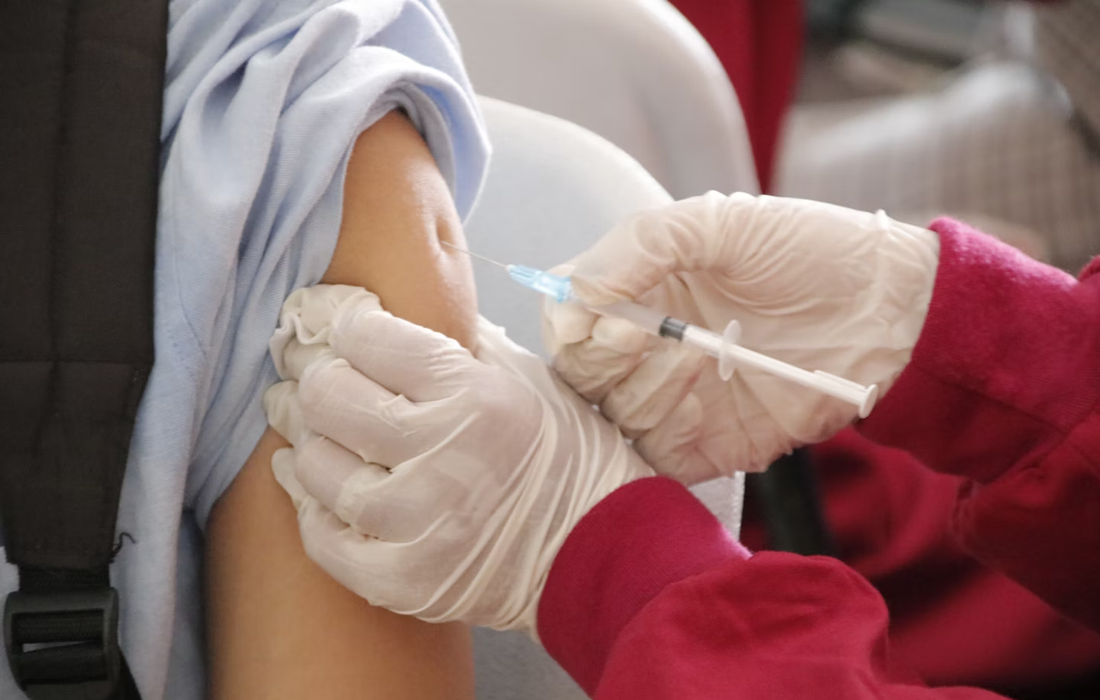A mechanism that led some patients to experience cases of deadly clotting following some types of Covid-19 vaccination has been identified in new research. In a paper published in Blood, scientists from the University of Birmingham funded by the National Institute for Health and Care Research and the British Heart Foundation have been able to […]
Author Archives: Karely Vega, MD
As little as 1 per cent reduction in deep sleep per year for people over 60 years of age translates into a 27 per cent increased risk of dementia, according to a study which suggests that enhancing or maintaining deep sleep, also known as slow wave sleep, in older years could stave off dementia. The […]
Over the last decade, research at Michigan Medicine has shown how exposure to toxins in the environment, such as pesticides and carcinogenic PCBs, affect the risk of developing and dying from amyotrophic lateral sclerosis. Now, investigators have developed an environmental risk score that assesses a person’s risk for developing ALS, as well as for survival […]
Insulin icodec, a once-weekly basal injection to treat type 1 diabetes, has the potential to be as effective in managing the condition as daily basal insulin treatments, according to research from the University of Surrey. The results of the year-long phase 3 clinical trial could revolutionise the future of diabetes care and help millions of […]
Atrial fibrillation (AF) diagnosis was associated with a 45% increased risk of mild cognitive impairment (MCI) among a cohort of 4.3 million individuals in the UK, according to a new study published in JACC: Advances. These findings suggest that cardiovascular risk factors and multiple comorbidities could further the progression from MCI to dementia in this […]
A new tool to rapidly grow cancer-killing white blood cells could advance the availability of immunotherapy, a promising therapy which harnesses the power of the body’s immune response to target cancer cells. Washington State University researchers have developed a minifridge-sized bioreactor that is able to manufacture the cells, called T cells, at 95% of the […]
A new study helps to identify children who are at the highest risk of a severe respiratory syncytial virus (RSV) infection and who would thus benefit most from new RSV prevention measures. A registry study covering all Finnish and Swedish children and their family members identified 16 major risk factors for a severe RSV infection. […]
Curbing carbon emissions and eating healthier may both start at the dinner table. According to a new study co-authored by a Tulane University researcher and published in the journal Nature Food, making simple substitutions like switching from beef to chicken or drinking plant-based milk instead of cow’s milk could reduce the average American’s carbon footprint […]
In a meta-study, a research team from the Institute of Environmental Biotechnology at TU Graz has provided evidence that the consumption of fruit and vegetables contributes positively to bacterial diversity in the human gut. Bacterial diversity in the gut plays an important role in human health. The crucial question, however, is where are the sources […]
Women with diets during middle age designed to lower blood pressure were about 17 percent less likely to report memory loss and other signs of cognitive decline decades later, a new study finds. Led by researchers from NYU Grossman School of Medicine, the new findings suggest that a mid-life lifestyle modification — adoption of the […]










